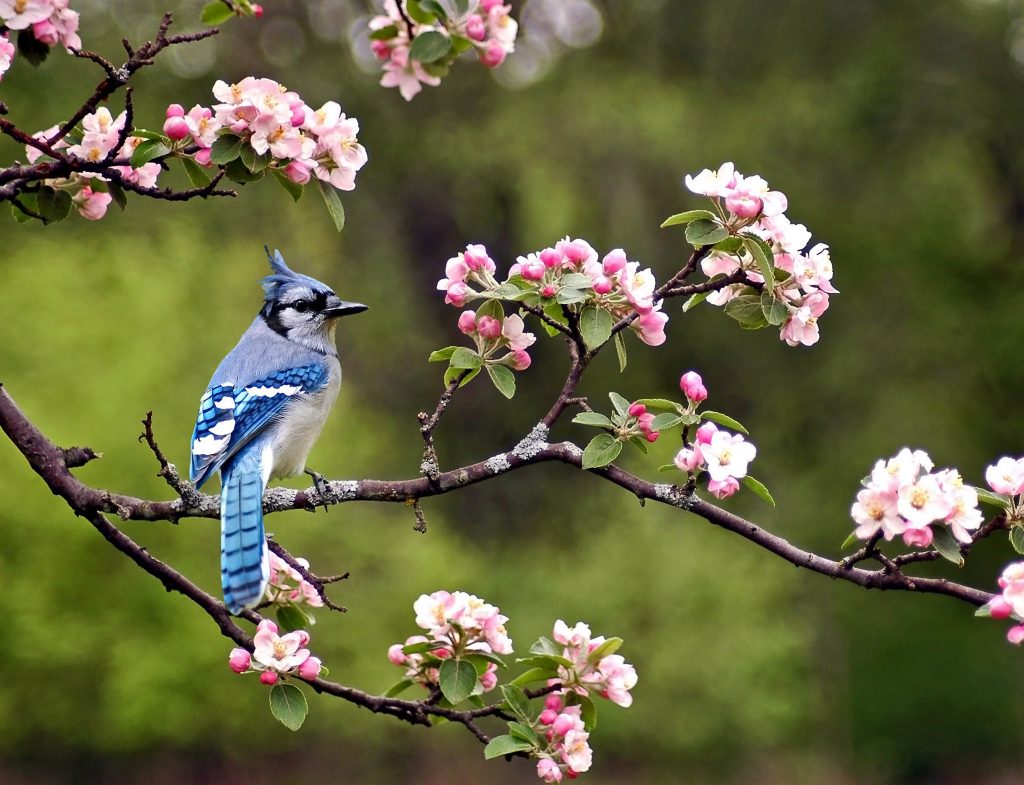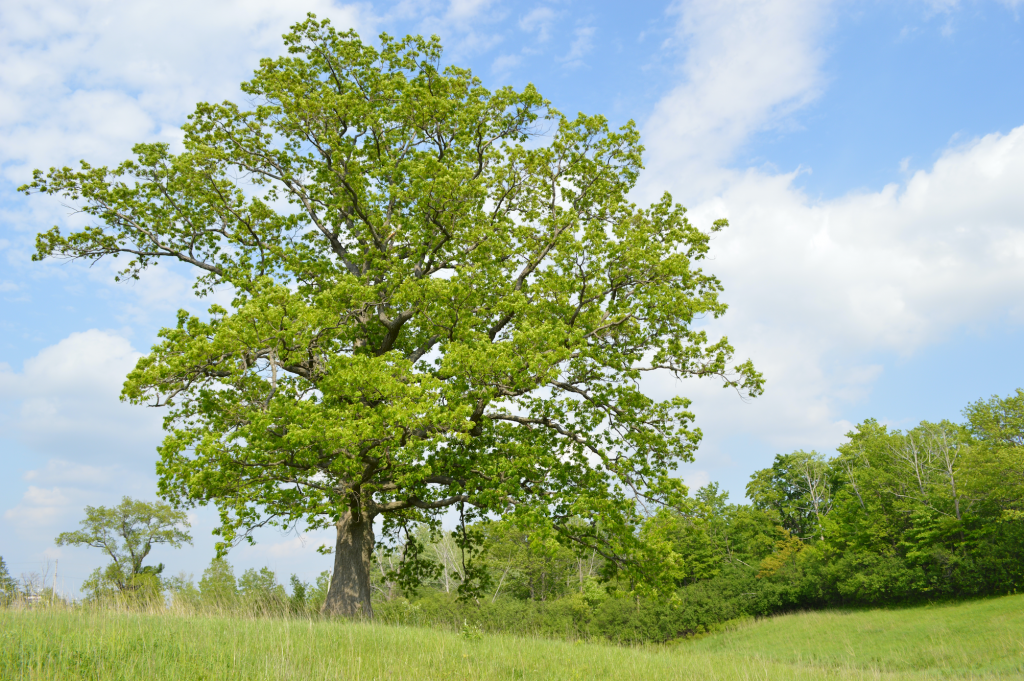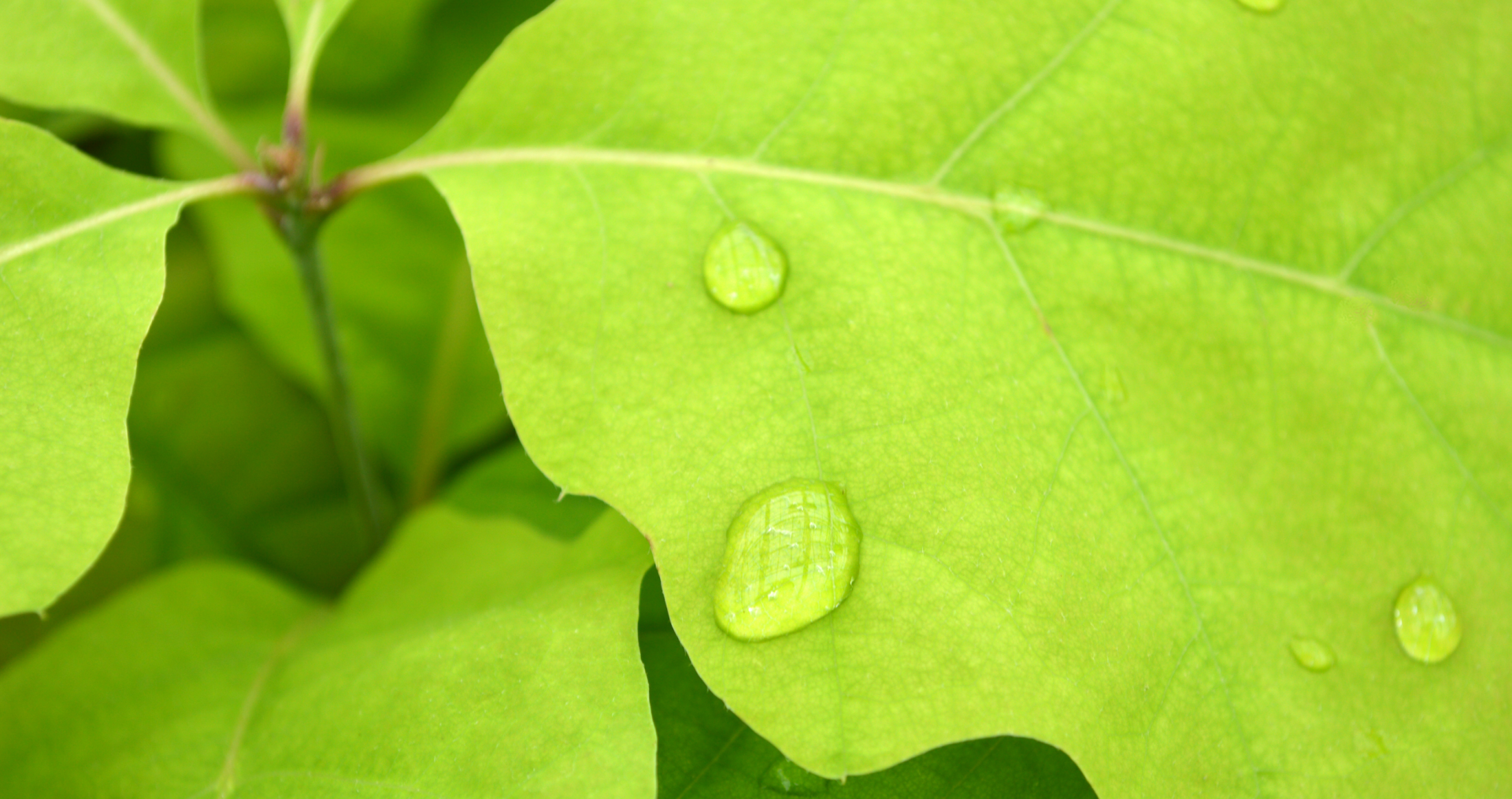Ecosystem Service = Essential Service
The theme this year is “Our Solutions in Nature”. Now, more than ever, we are realizing that nature IS an essential service. As we all re-examine our relationship with the natural world during this “shutdown”, we are still certain of one thing: we are completely and totally dependent on all of the services that nature provides. While 2020 has become a year of reflection and anticipation, nature has always been important and should continue to be important once life goes back to “normal”. We must treat 2020 as an opportunity for the environment. We must include the environment in our recovery strategy from COVID-19 in order for us to build back a better world than before!
Why is biodiversity important?

Biological diversity, biodiversity for short, is defined as the variety of life on earth and the habitats, communities, and relationships they form. Biodiversity helps ensure that all organisms are able to exist and interact and thrive. Different organisms are responsible for different ecosystem services, for example, controlling invasive species, pollinating vegetation, maintaining soil fertility, and regulating climate. Without all of these different organisms working together to control these differing services, life would not persist! As well, all of the different services that biodiversity provides helps contribute to the economy! Without a variety of pollinator species pollinating plants, our food supply and the thousands of medicines derived from natural material would be in grave danger.
Why are trees important to biodiversity?

Planting trees can help restore critically needed habitat, as they provide excellent urban homes for birds, bees, and other wildlife. Trees can also attract a diversity of wildlife with the food, cover, and nest sites they supply. Plant a tree in your backyard and you’ll notice how many new and different species are now able to thrive!
Why plant native?
Planting native species not only contributes to plant diversity, but it allows native insect and animal species to interact! Many invasive and non-native species do not have any natural interaction with London species, as they did not evolve together. In fact, that’s why invasive species, such as buckthorn, do so well – they don’t have any natural competitors or enemies!
What threatens biodiversity?
Humans are the main reason for a loss of biodiversity. By clearing land for development, planting monoculture crops (only consisting of one species), polluting land and waterways, and planting invasive species, humans threaten biodiversity every day! While humans may be a main cause of biodiversity, we can also be a part of the solution! Here are some ideas of ways you can improve biodiversity:
- Plant trees in your yard
- Plant diverse, native garden plants
- Don’t spray pesticide on your lawns
- Help restore habitats by picking up garbage when you see it
- Volunteer with local environmental organizations
Check out these resources for more information:


